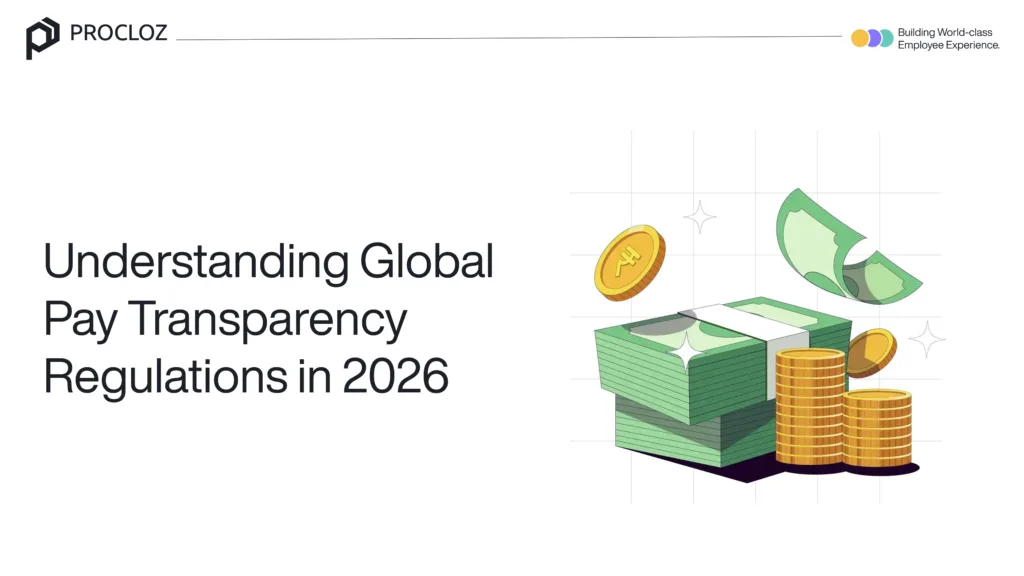Introduction
Payroll automation has rapidly transformed payroll processing globally, driving efficiency and accuracy. While New Zealand has adopted technological advancements, its payroll landscape is still evolving. This article explores the potential of payroll automation to revolutionize New Zealand’s workforce by analyzing the current state of payroll processing, identifying New Zealand’s payroll challenges, and assessing the potential benefits for local businesses.
New Zealand’s Payroll Challenges
New Zealand’s diverse workforce, comprising a mix of full-time, part-time, and contract employees across various industries, presents unique challenges for payroll processing. The nation’s complex tax system, including income tax, KiwiSaver contributions, and ACC levies, further complicates payroll administration.
Small and medium-sized enterprises (SMEs) in New Zealand often bear the brunt of these challenges. Manual payroll processes, prone to errors and time-consuming, hinder operational efficiency. Compliance with evolving labor laws and tax regulations adds to the burden, increasing the risk of penalties and reputational damage.
Payroll Automation for New Zealand Payrolls
Payroll automation is poised to revolutionize New Zealand’s payroll landscape. By automating routine tasks such as data entry, calculations, and reporting, businesses can significantly enhance accuracy and efficiency. This translates to fewer errors, reduced processing times, and ultimately, cost savings.
Moreover, staying compliant with New Zealand’s intricate tax and labor laws is a formidable challenge. Payroll automation can streamline this process by providing real-time updates on legislative changes and ensuring accurate tax calculations and deductions.
Finally, automation bolsters security measures, protecting sensitive employee data from breaches and unauthorized access. Advanced features like data encryption, access controls, and anomaly detection can help prevent payroll fraud, ensuring the integrity of the payroll process and fostering trust among employees.
Impact on New Zealand Employees
Payroll automation holds the potential to significantly enhance the employee experience within New Zealand organizations. A cornerstone of this improvement is the delivery of accurate and timely paychecks. With manual errors significantly reduced through automation, employees can expect to receive their earnings without delay or discrepancies, fostering trust and job satisfaction.
Self-service portals, a natural outgrowth of payroll automation, empower employees with greater control over their payroll information. These digital platforms allow employees to access pay stubs, update personal details, and manage tax-related documents at their convenience. This increased autonomy can lead to improved employee engagement and satisfaction as it reduces the administrative burden on both employees and HR departments.
However, the implementation of payroll automation must be accompanied by robust data privacy and security measures. New Zealand’s stringent privacy laws necessitate stringent protection of employee personal information. This includes sensitive data such as tax file numbers, bank account details, and salary information. Employers must invest in advanced security technologies and adhere to compliance standards to safeguard employee data and maintain trust.
Impact on New Zealand Businesses
Payroll automation offers substantial benefits to New Zealand businesses. By automating repetitive tasks, such as data entry and calculations, organizations can significantly reduce labor costs associated with payroll processing. This frees up valuable time and resources for HR teams to focus on strategic initiatives that drive business growth.
Moreover, automated payroll systems enhance efficiency by minimizing errors and reducing the time spent on manual checks and corrections. This increased productivity allows HR departments to allocate more time to employee relations, talent acquisition, and other strategic HR functions.
In the long term, payroll automation can contribute to overall business growth. By streamlining payroll processes, businesses can improve cash flow management, reduce compliance risks, and enhance employee satisfaction. These factors collectively contribute to a more stable and productive work environment, fostering innovation and business expansion.
Conclusion
Payroll automation is poised to revolutionize New Zealand’s payroll landscape, enhancing accuracy, efficiency, and compliance. By addressing the unique challenges faced by New Zealand businesses, payroll automation can improve employee satisfaction, drive business growth, and unlock new opportunities. As global payroll challenges continue to evolve, organizations can leverage the power of automation and explore global payroll services to optimize their payroll processes and gain a competitive edge.



